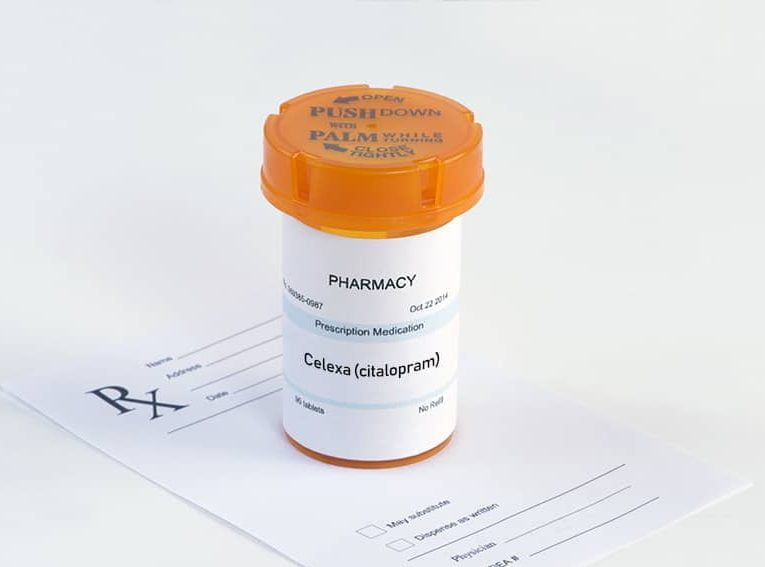Celexa is a widely used prescription medication for treating depression and anxiety disorders. Part of the selective serotonin reuptake inhibitors (SSRIs) class, this medication works by boosting serotonin levels in the brain.
While Celexa is commonly regarded as safe and effective, it can still trigger side effects, like any medication. This blog post will cover both the common and rare side effects associated with Celexa.
Common Side Effects of Celexa
The most frequently reported side effects of Celexa include:
- Nausea: Some individuals might feel nauseated or vomit, especially when first starting Celexa.
- Dry Mouth: Celexa may reduce saliva production, resulting in dry mouth.
- Drowsiness: The medication can cause drowsiness and fatigue, impacting daily activities.
- Insomnia: Some users may face difficulties sleeping.
- Headaches: Headaches are a reported side effect for some individuals.
- Dizziness: Celexa may cause dizziness or lightheadedness.
- Sexual Dysfunction: Celexa can affect sexual function, leading to reduced libido, trouble achieving orgasm, or erectile dysfunction.
Note: These side effects are typically mild and temporary, often subsiding as the body adjusts to the medication. If these issues persist or become troubling, consult a healthcare provider.
Rare Side Effects
In rarer cases, Celexa may cause more severe side effects, such as:
- Suicidal Thoughts: Especially in young adults under 25, Celexa can occasionally increase the risk of suicidal thoughts or behaviors.
- Serotonin Syndrome: By raising brain serotonin levels, Celexa can potentially lead to serotonin syndrome, a serious condition characterized by symptoms like agitation, confusion, rapid heart rate, elevated blood pressure, and fever.
- Abnormal Bleeding: Celexa can affect blood clotting, heightening the risk of bleeding manifesting as easy bruising or bleeding, especially in those on blood thinners.
- Mania: Celexa may trigger manic episodes in some individuals, marked by excessive excitement, energy, and impulsivity.
- Seizures: The medication can lower the seizure threshold, increasing the risk of seizures, particularly in those with a seizure history or epilepsy.
Conclusion
Celexa is an effective treatment for depression and anxiety disorders. While most people experience no serious side effects, it’s crucial to understand the potential risks.
If you encounter any side effects, consult a healthcare provider. For serious or life-threatening side effects, seek medical attention immediately.
